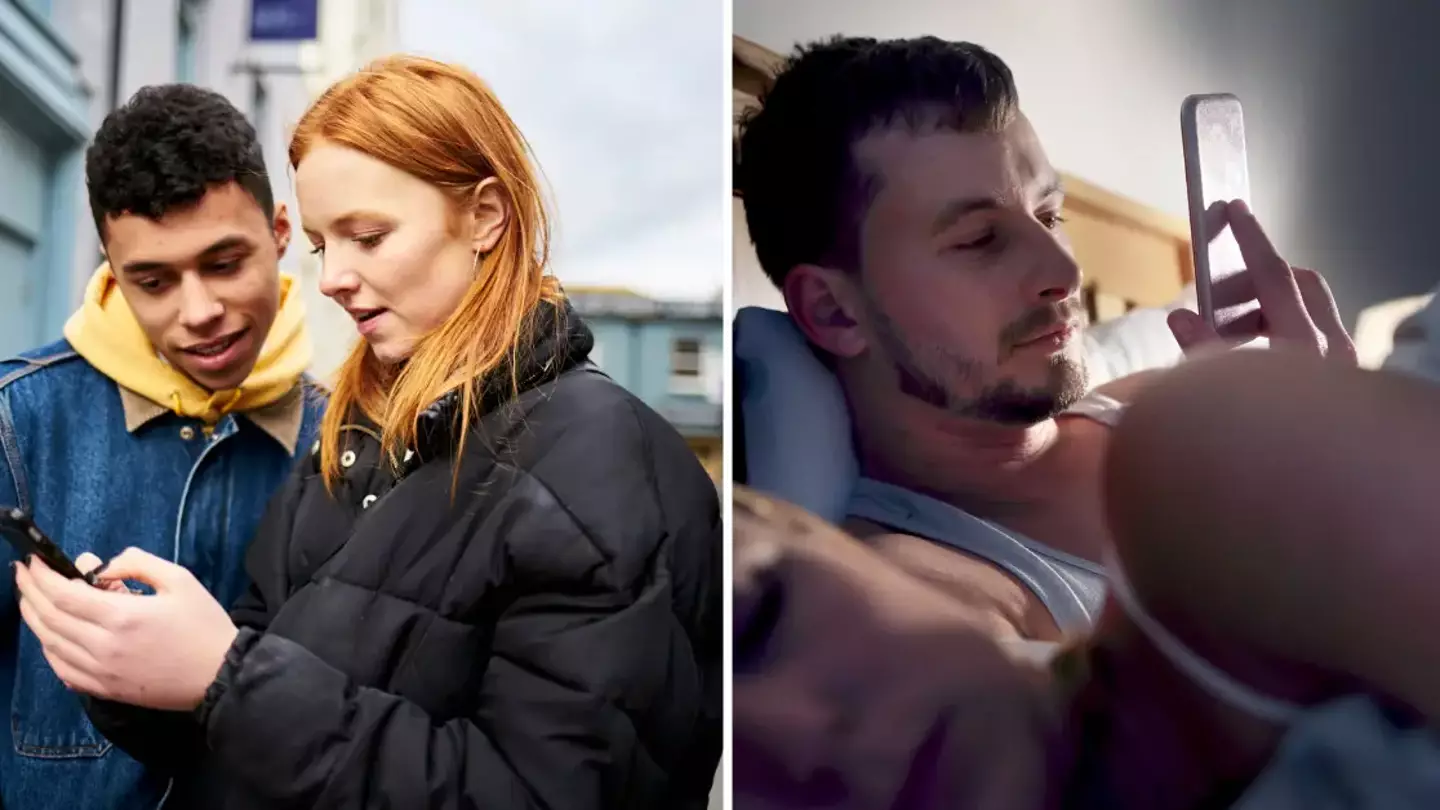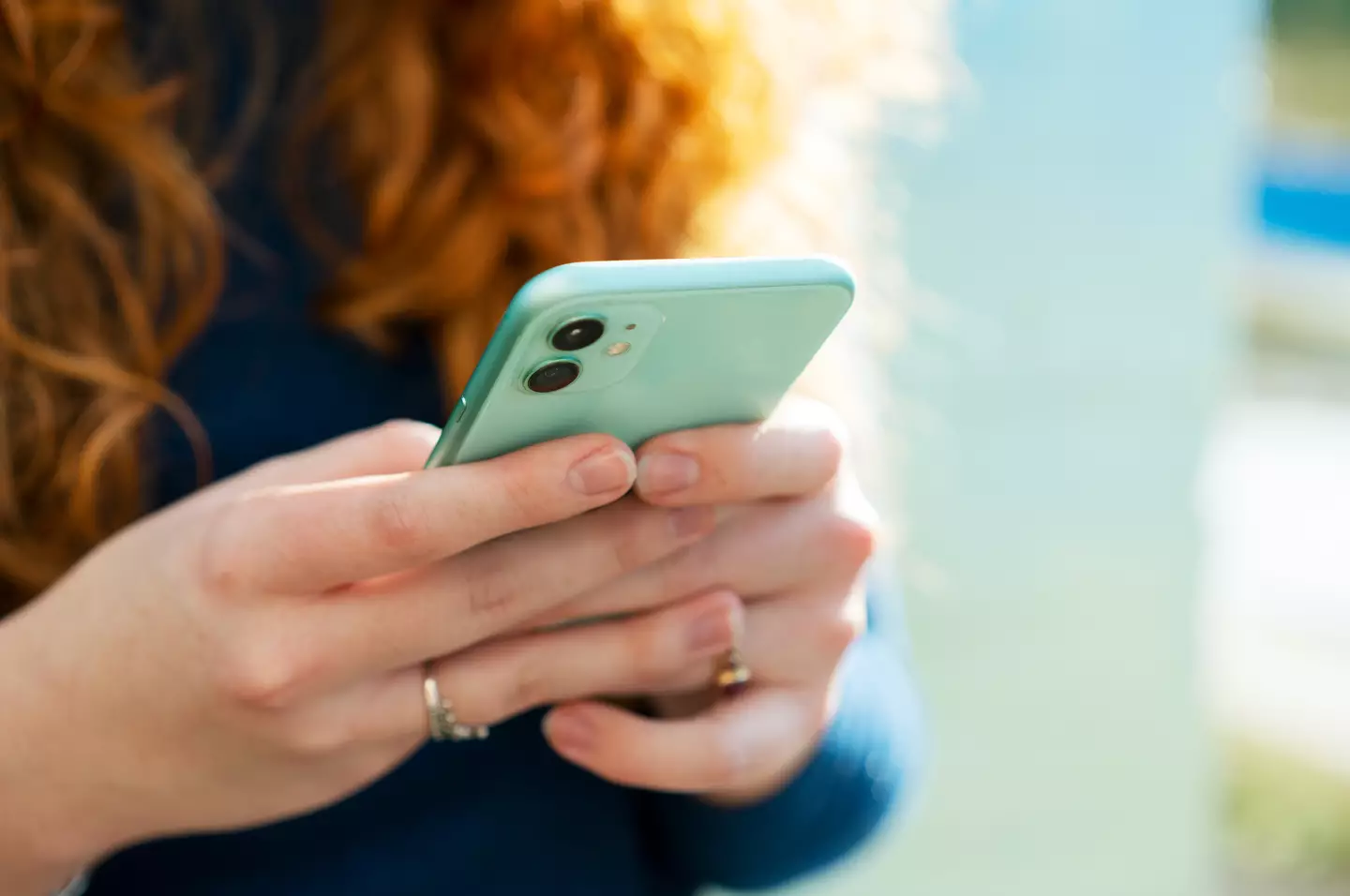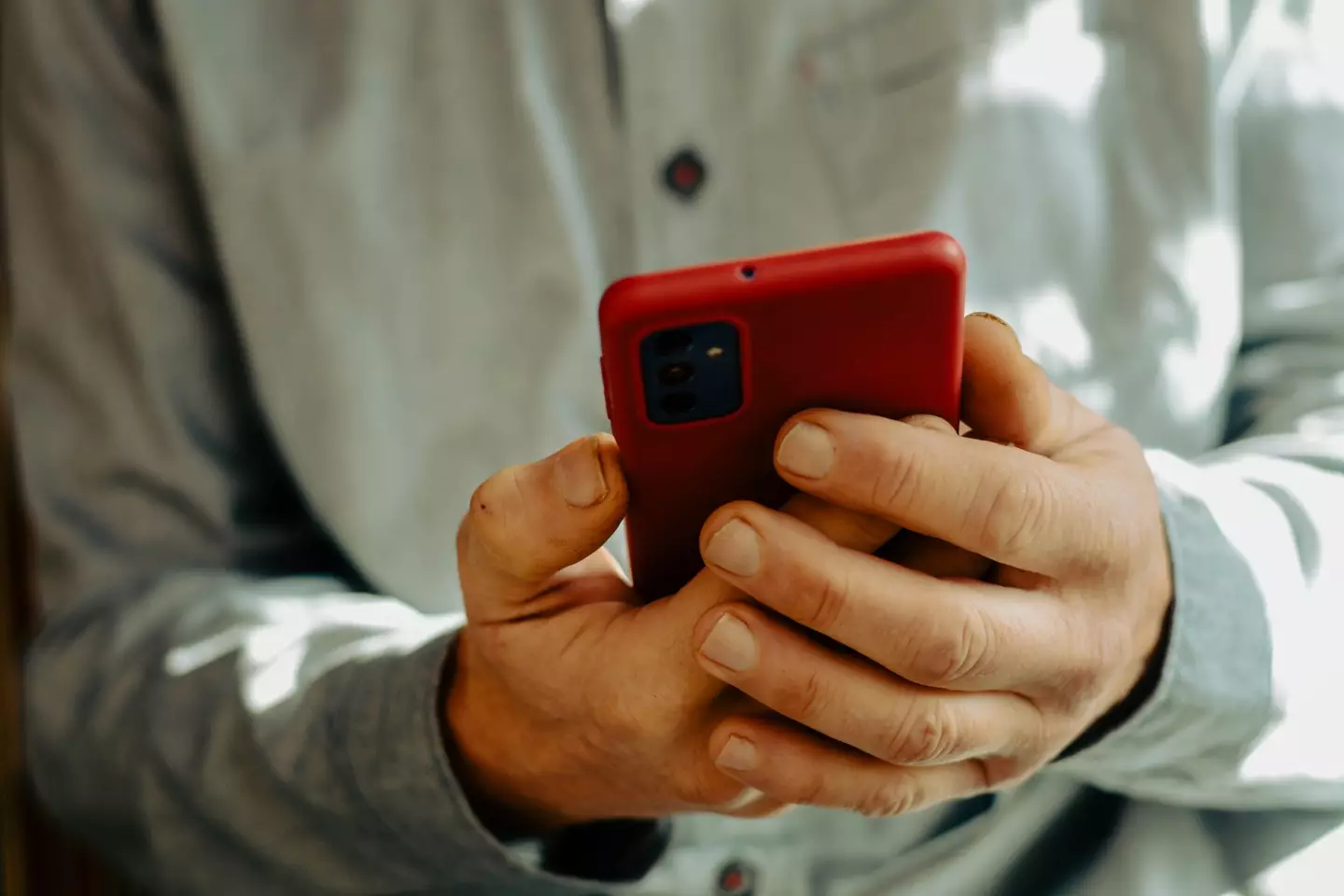
An eSafety commissioner has issued a stern warning to non-singles about the difference between caring and controlling behaviour when it comes to mobile phone habits.
Following an alarming study carried out in Australia, Julie Inman Grant has said it's vital that we don't 'normalise' a series of 'red flag' habits when using our devices around our supposed loved ones.

A study of 2,046 people conducted Down Under by the Social Research Centre found that a quarter of people interviewed believed it more than acceptable that they and their partners share passwords to their personal devices.
Advert
The same study also found that over one in 10 'taken' individuals believed it was totally fine for their partner to be able to track their location using the Find My Friends app at any given time.
Just under 10 percent of participants went on to argue that both of these habits are somewhat of an expectation in modern-day romances.
However, Inman Grant has said these findings are considered concerning by online safety professionals, even though a huge proportion of couples asked claimed the only reason for these habits - particularly the latter - is to keep an eye on the wellbeing of their partner.
"There are many practical and safe reasons why two people in an intimate relationship might consent to sharing their passcodes, tracking each other or sending frequent messages to check where the other person is or what they’re doing," she began.
“What’s concerning about these findings is the normalisation of these expectations within any intimate relationship."

Sharing passcodes means that each person can gain access to their other halves personal information, social media usage, photos, financial log-ins, emails and texts anytime they wish.
And while this isn't something that the majority of couples need to worry about - with many volunteering up their passcodes for their partners to use their devices when they're busy or incapacitated - Inman Grant has said it can be dangerous for domestic abusers to attain such information.
Similarly, while Find My Friends is commonly used as a means of making sure a friend got home safe after a night out, or checking whether or not someone is going to be late, she claimed that - if used by the wrong hands - these habits could prove harmful.
"In this age of ubiquitous tech, we need to be careful not to inadvertently erode a partner’s privacy, boundaries and agency simply because digital devices allow us to track, cross-check and recheck their every action, like and dislike," she explained.
The study found that men are twice as likely as women to track their other-halves' location, with many having argued that it's a 'sign of care'.
"When there are several red flags, it could be that you or someone you know is a target of tech-based coercive control," Inman Grant went on to say.

"Tech-based coercive control isn’t a single act of abuse but a pattern of controlling behaviours. It’s often difficult to spot because the abuser will describe their abusive actions as acts of care or deep concern.
"But like a wolf in sheep’s clothing, this is abuse dressed up as love."
She added that it's vital for 'further research' in this arena to be carried out in order to raise awareness of tech-based coercive control without preventing genuine users from being able to ensure their partner's safety.
Describing these habits - if carried out with malice - as a 'form of violence', she said it acts as a '"silent menace" for women and their children'.
"While there may be no visible bruises, it can leave deep psychological trauma and scars," Inman Grant continued, adding that this type of abuse has the danger of being used to 'terrify and manipulate'.
She said: "When it comes to tech-based coercive control, the tentacles of abuse are numerous and wily because its vectors are the devices we use every day, carry everywhere and have in every room of our homes.
"We know from front-line workers that tech-based coercive control is almost always used in family, domestic and sexual violence, but it’s often only obvious once the abuser has infiltrated every digital nook and cranny."
Topics: Sex and Relationships, Technology